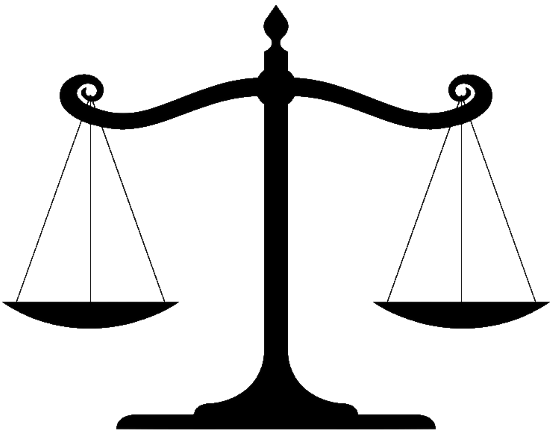
The statute is an important instrument in legal practice. It consist the primary source of Law. The lawyer is to canvass his position on what position of the Law the judge should follow. The judge has a duty to interpret the Law rightly for the course of Law.
The rules are flexible in nature. The rules of interpretation of statutes stemmed from common Law judges which has become applicable over years. However it is important to note that the rule does not have the binding force of Law as compared to Legislation which constitute the primary source of Law.
The different rules of interpretation followed by the court in various cases include:
1.Literal interpretation rule:
This is interpreting the statute based on the plain meaning. Where the words of the statute is clear and unambiguous, then the court should apply and interpret the word in it's natural sense.This rule stemmed from THE SUSSEX PEERAGE case.
In OUR LINE LTD V. S.C.C (NIG ) LTD,the Supreme court started that "the rule is that in construing a written instruments, the grammatical and ordinary sense of the words should be adhered to unless that would lead to some absurdity or some inconsistency with the rest of the instrument.
One of the criticism against the application of the Literal rule of interpretation of statute is that it could lead to absurdity and injustice. It has also failed to recognized that although a word can have a core meaning, the fringe meaning can be manipulated.
2.Golden rule of interpretation:
This rule evolved from the case of GREY V. PEARSON (10 E.R 1216).The court held that. "The grammatical and ordinary sense of the words is to be adhere to unless that would lead to some absurdity or some repugnance or inconsistency with the rest of the legislation in which case the grammatical and ordinary sense of the word may be modified so as to avoid the absurdity and inconsistency but no further"
The rule provide that where the strict application of the strict application of the literal rule would lead to absurdity and inconsistency, the court should modify the language so as to know the true intent of the legislature. The golden rule recognized that the natural meaning of a word should be applied unless it's application would lead to absurdity and injustice.
In BRONIK MOTORS V. WEMA BANK,Idigbe JSC stated that "where a judge is of the opinion that the application of the words of an enactment In their ordinary meaning would produce an absurd result which cannot reasonable be supposed to have been the intention of the legislature, he may apply the words in any secondary meaning which they are capable of bearing.
- Mischief rule of interpretation:
It evolved from the HEYDON CASE (1584)3 Co Rep 7a.The rule set to correct the wrong and advanced the remedy and prevent the continue existence of such mischief. The judges, in using the Mischief rule of interpretation,can go beyond the words used so as to know the purpose and objective of the statute.This rule of interpretation of statute was applied in the case of LONES V.WROTHAM PARK SETTLED ESTATE.
In conclusion, the various rules of interpretation of statutes are at the disposal of the judges so as to promote the full course of Justice in the society.